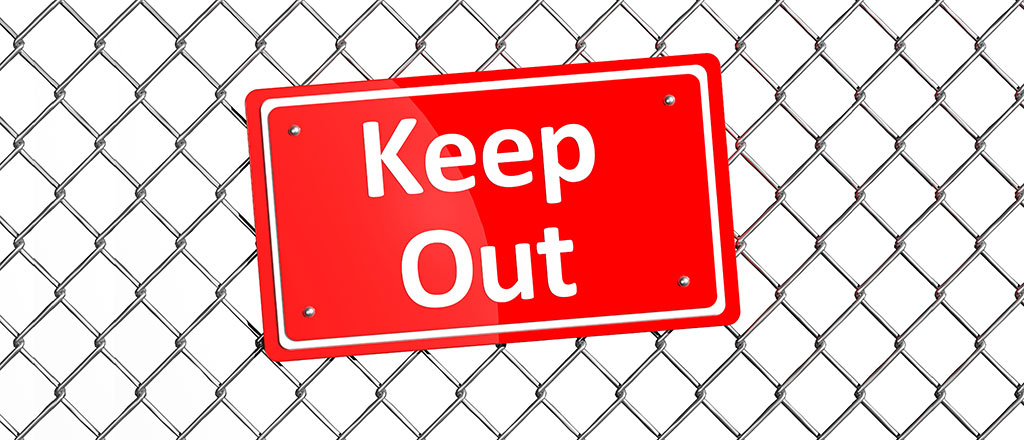Someday you may be called to serve on a jury. This is a grave responsibility which gives you power over someone’s life and liberty, and you must not take it lightly. There is no action more serious than depriving someone of their freedom and that is exactly what a guilty verdict from a jury does.
With this in mind, here is some advice on how to be a good juror.
- Remember that the defendant is innocent until he is proven guilty. There is perhaps no principle in the world more important than “innocent until proven guilty.” The prosecutor will try to convince you that the defense must prove the defendant innocent. This is a lie. The defendant is already innocent unless and until the prosecutor can prove that he is guilty. The defense doesn’t have to prove anything—though they will certainly try—because it is entirely up to the prosecutor to prove the defendant’s guilt.
- All doubt is reasonable. Don’t be fooled or coerced into believing that your doubt is unreasonable. Are you a reasonable person? Do you have doubt? If a reasonable person has doubt, that doubt is reasonable. Unless you are 100 percent sure that the defendant is guilty, you are obligated to find them not guilty. Even if you are 99.99 percent convinced they are guilty, you still have some unresolved doubt and you must therefore find them not guilty.
- Judge the trustworthiness of the prosecutor. A prosecutor who lies cannot prove a defendant guilty because he has impeached his own credibility. No matter how good a prosecutor’s case may be in other regards, his dishonesty should disqualify him from prosecuting another person. If you catch the prosecutor in a lie—no matter how small—you have a moral obligation to acquit the defendant.
- Judge the merits of the law. This is where “jury nullification” comes into play. Even if you are 100 percent positive that the defendant is guilty of violating the law, you have a second responsibility as well—you must judge the merits of the law. If the law is immoral (which means that it criminalizes an action that does not constitute the initiation of force against others), you must find the defendant not guilty in order to protect him from the unjust law.
In summation, the only way you should find a defendant guilty is if the prosecutor is scrupulously honest, he convinces you beyond any doubt that the defendant is guilty, and the law in question does not criminalize a victimless act. This entire criterion must be met in order for the conscientious juror to hand down a guilty verdict. Anything less will make you a party to injustice and an enabler of tyranny.





